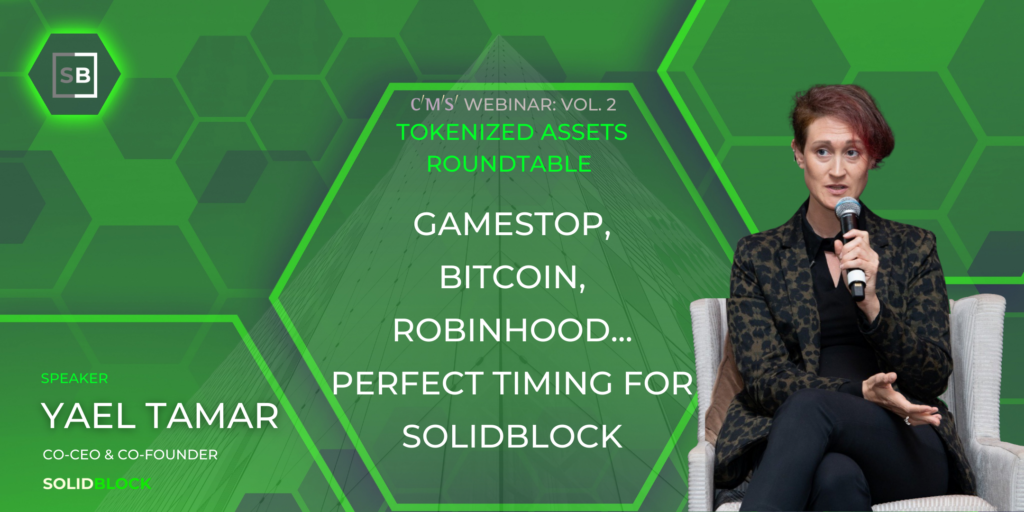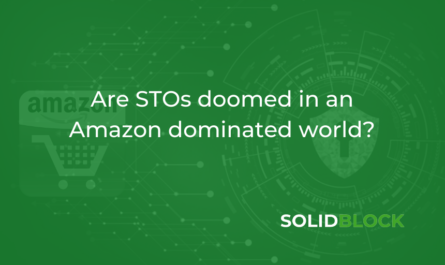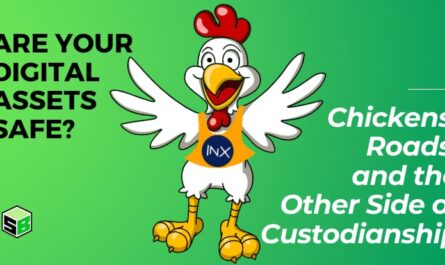
SolidBlock’s CMO and Co-Founder, Yael Tamar was recently a guest speaker at the CMS Zurich Tokenized Assets Roundtable Webinar (the second round of the Tokenized Assets Roundtable). She offered her thoughts in a presentation called: “Gamestop, Bitcoin, Robinhood… Perfect Timing for Decentralizing Asset Trade” — about the future of tokenized assets — and what they could mean for real estate transformation.
Yael spoke about DeFi (decentralized finance) and the trend of moving away from centralized or traditional finance, where banks control people’s assets. In this scenario, the vision is of “open finance, where the individual is their own bank.” She gave examples of how the time for decentralized finance is now. The recent trading frenzy around Gamestop, an American video game retailer, for example, illustrates the advantage of decentralized finance. At the end of January, GameStop’s stock price soared around 1,700% — in the face of investors who bet it would fail. Small investors pushed the value of the stock up, while other investors had to spend millions to cover their losses. “GameStop showed how rules can be broken, suspended or revised with minimal consequences by those big players.”
So, too, with Robinhood, a trading platform in the US, which had to “halt trading certain stocks due to cash flow issues. Since many people were selling stocks, Robinhood didn’t have enough cash. Robinhood had to borrow billions of dollars and was still short of cash. So, they decided to restrict individuals from selling. They decided they need a system — and that system would enable instant settlement.That’s exactly what decentralized finance is doing,” Yael explains.
“Crypto is fast becoming the new frontier for decentralized financial platforms and markets. The trend is towards DeFi, so much so that the DeFi market cap soared from $1 billion in 2020 to $30 billion in February, 2021.”
SolidBlock is involved with the tokenization of assets, that is, with securitizing and digitizing that asset, in this case, with real estate. That means, first dividing an asset into shares that can be sold to investors; and second, digitizing or issuing these securities (tokens) on the blockchain. Yael posits that there is real potential for DeFi solutions for real estate through tokenization. One example is how stable coins can be used for global transfers.This includes “the ownership of real world assets such as real estate on the blockchain (security tokens). Tokenization is going to transform the way real estate is traded (bought and sold); and will result in all kinds of additional products that will come into the market.”
“People are interested in owning this asset class (real estate) as a way of stabilizing their portfolio and lowering the risk-level of their portfolio.”

 by
by 

